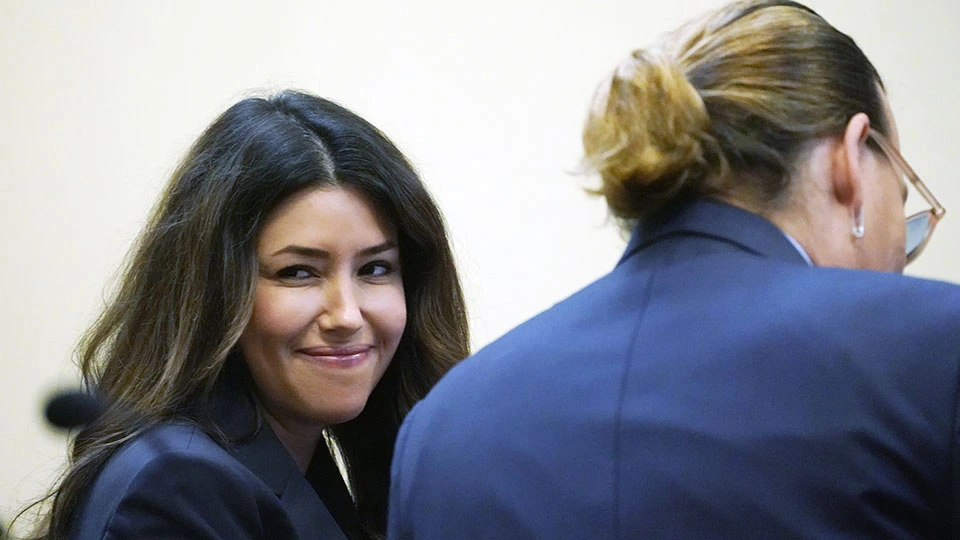Your Brand Is Bigger Than Your Superstars
It’s safe to say that the world does not need any more Depp v. Heard analysis, but one piece of news following the trial caught our attention. Camille Vasquez, who represented Johnny Depp in his defamation claim against Amber Heard, was just promoted to partner at her firm, Brown Rudnick. In addition to delivering a win for her client, Vasquez deftly navigated trial publicity and developed a following of Depp supporters on social media, even posing with them for pictures. Her star is rising and her firm wanted to show its appreciation. Or stop her from being poached. Or both. So they did what they had to do to hang on to this superstar.
But in their effort to capitalize on Vasquez’s moment, Brown Rudnick may be neglecting a larger branding question. Is there a downside to championing the winner of this particular, problematic case? Because what Depp’s fans see as zealous advocacy seemed a lot like victim-blaming to advocates for domestic violence victims. Vasquez’s style of questioning witnesses, including Heard herself, at times came across as aggressive, and critics have accused her of “sucking up to male power.”
This is not a question about who deserves good legal representation — we all know everyone does. But being strategic about your communications means thinking about how each public decision, such as a promotion, is helping to tell the story of your firm’s brand. Is elevating Vasquez with a promotion and effusive statements to the press helping to tell the story of who this firm wants to be and what it values? Is there an alternate path on which letting her take a job elsewhere might have counted as a short-term loss but a long-term win for the brand?
For firm leaders balancing the need to appease superstars with the goal of protecting the reputation of the firm overall, it’s something worth thinking about.
Photo credit: Steve Helber, AP

